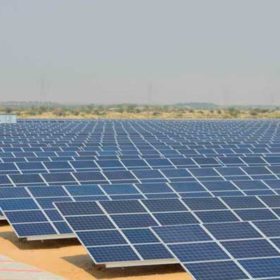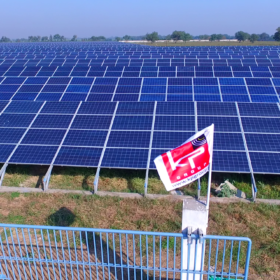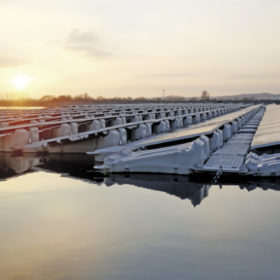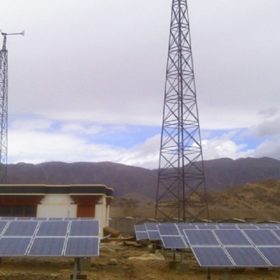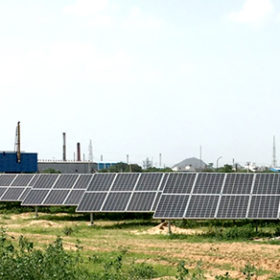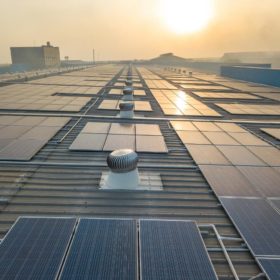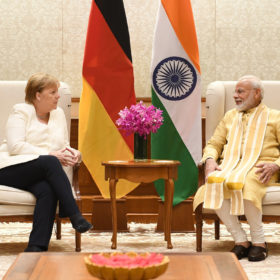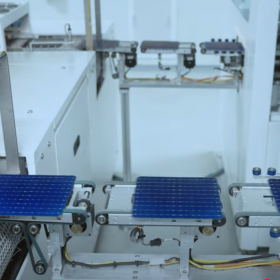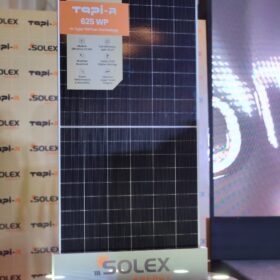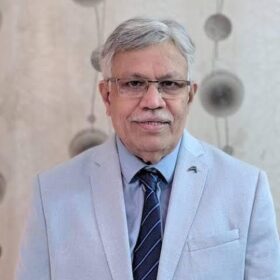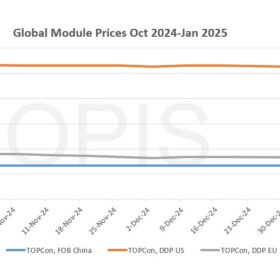Haryana retenders 57 MW grid-connected solar capacity
Haryana Power Generation Corporation Limited has retendered ground-mounted solar capacity of 57 MW with relaxation in eligibility criteria. The projects—to be set up on build, operate and transfer basis—shall come up at three sites in the state and will be awarded through international competitive bidding. Bidding closes on November 25.
Odisha fire stations to go solar
The state will contract for a total 1.73 MWp of rooftop generation capacity with all the panels supplied manufactured in India.
Uttar Pradesh cabinet approves tariffs for 72 MW solar projects
The power produced by NTPC (40 MW) and Sukhbir Agro Energy (32 MW) will be purchased by Uttar Pradesh Power Corporation Limited at tariffs of Rs 3.02/KWh and Rs 3.05/KWh, respectively, for a period of 25 years.
Siemens to impart skills in renewable energy and e-mobility
The ‘Skills for Sustainable Growth’ project will be implemented by Siemens in partnership with India’s Ministry of Skill Development and Entrepreneurship and German development agency GIZ.
Uttar Pradesh to tap state water bodies for solar power
Jal Shakti minister Mahendra Singh wants to achieve a win-win by wiping out his department’s Rs3,000 crore electricity bill and selling clean energy to the Ministry of Power. His solution involves ambitious plans for floating PV in Uttar Pradesh.
CEL seeks pre-bid tie-ups for KUSUM projects in Rajasthan
State-owned module maker Central Electronics Limited will bid for distributed grid connected solar projects in Rajasthan DISCOMs, in tie-up with another party that will carry out the installation work using its panels in case of award of contract.
Tata Power, Rockefeller Foundation partner on microgrids
TP Renewable Microgrid—the joint venture of India’s integrated power company and the US-based impact investor—is said to become the world’s largest microgrid developer and operator with plans to set up 10,000 microgrids by 2026.
Lithium batteries – 12 lakh tons ready for recycling by 2030
The recycling market will experience a tenfold expansion between last year and 2030, driven by EV battery usage and portable electronics. Retrieving valuable metals and minerals is becoming a high priority and several dozen companies are already in position for the first big wave of end-of-life batteries.
EPC provider SunAlpha Energy launches easy EMI finance for rooftop solar
The company aims to enable 1000 homes and businesses with rooftop plants during the initial launch of this scheme that provides EMI options of 12, 18, 24 and 36 months.
Now green urban mobility to get one billion euros boost from Germany
Having extended around two billion euros for clean energy projects, Germany will now support India in improving green urban mobility infrastructure, solutions and services in cities. Furthering its support for clean energy transition, it will also provide concessional loan of 200 million euros for a DISCOM investment facility in India.
